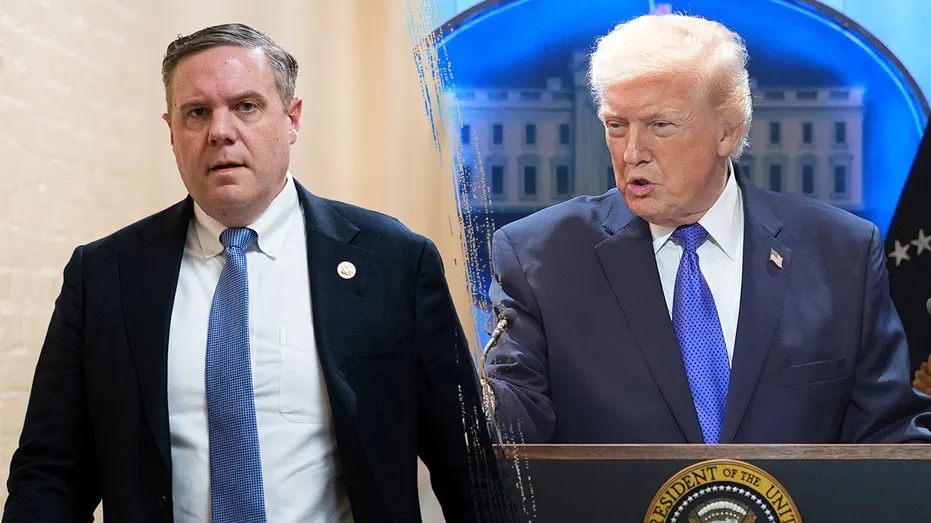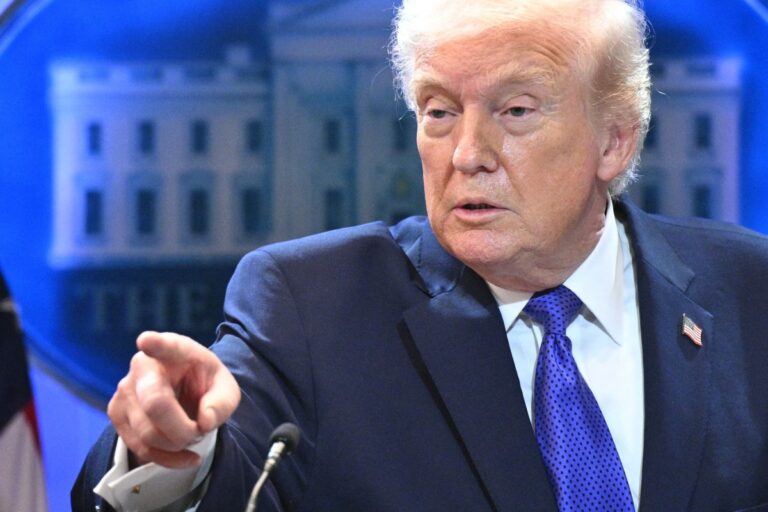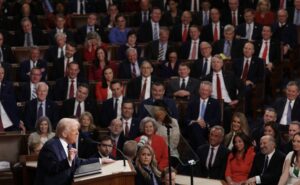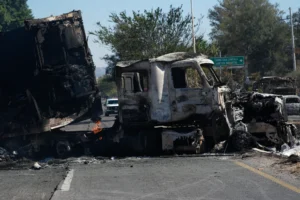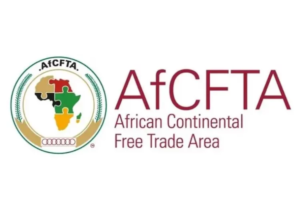Amidst the turmoil of Russia’s full-scale invasion of Ukraine, Nataliia (pseudonym) was among the millions forced to flee her home. Unable to endure life under Russian occupation in her southern hometown of Melitopol, she sought refuge in territory still held by Ukraine.
However, Nataliia’s departure not only meant leaving behind her home and loved ones but also necessitated abandoning her 20-year career as a teacher. Despite this sacrifice, she has found a way to continue her vocation by providing online classes to hundreds of her former students.
Yet, the risks she faces, along with those of her remote class, loom large in the current volatile situation.
Under the oppressive shadow of Russian occupation, Nataliia reveals the harrowing reality faced by Ukrainian children in territories like Melitopol. Portraits of Vladimir Putin now replace educational posters in her former classrooms, where pupils are coerced into reciting the Russian national anthem and writing adulatory letters to Russian soldiers.
In this distorted educational landscape, Ukrainian children are indoctrinated to deny their own national identity, compelled to embrace a fabricated narrative that discredits Ukraine’s sovereignty. Any dissent is met with threats of violence against their families.
Recognizing the urgent need to counter this propaganda, Nataliia and her colleagues devised an online teaching platform to safeguard the minds of Ukrainian youth. Despite the risks, they reached out to parents with a neutral invitation, striving to offer a beacon of education amidst the darkness of occupation.
In the perilous environment of Russian-occupied territories, even the mere mention of the word “occupation” can provoke unwelcome visits from Russian authorities. Any indication of allegiance to Ukraine, such as a child’s assignment written in Ukrainian instead of Russian, could lead to interrogation at a police station.
Despite these risks, hundreds of families have embraced Nataliia’s initiative to provide Ukrainian curriculum lessons. The demand for these clandestine classes continues to rise steadily.
Under the cover of secrecy, pupils attend Russian schools during the day, but in the afternoons or evenings, they engage in covert online lessons with Ukrainian educators.
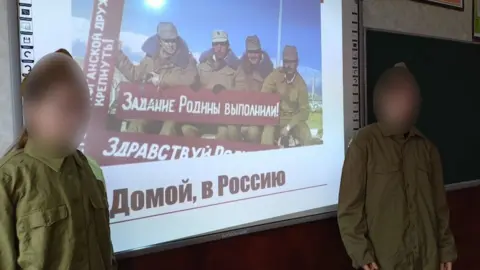
“Nataliia emphasizes, “Safety takes precedence over knowledge. All students participate with their cameras turned off and use pseudonyms.”



















